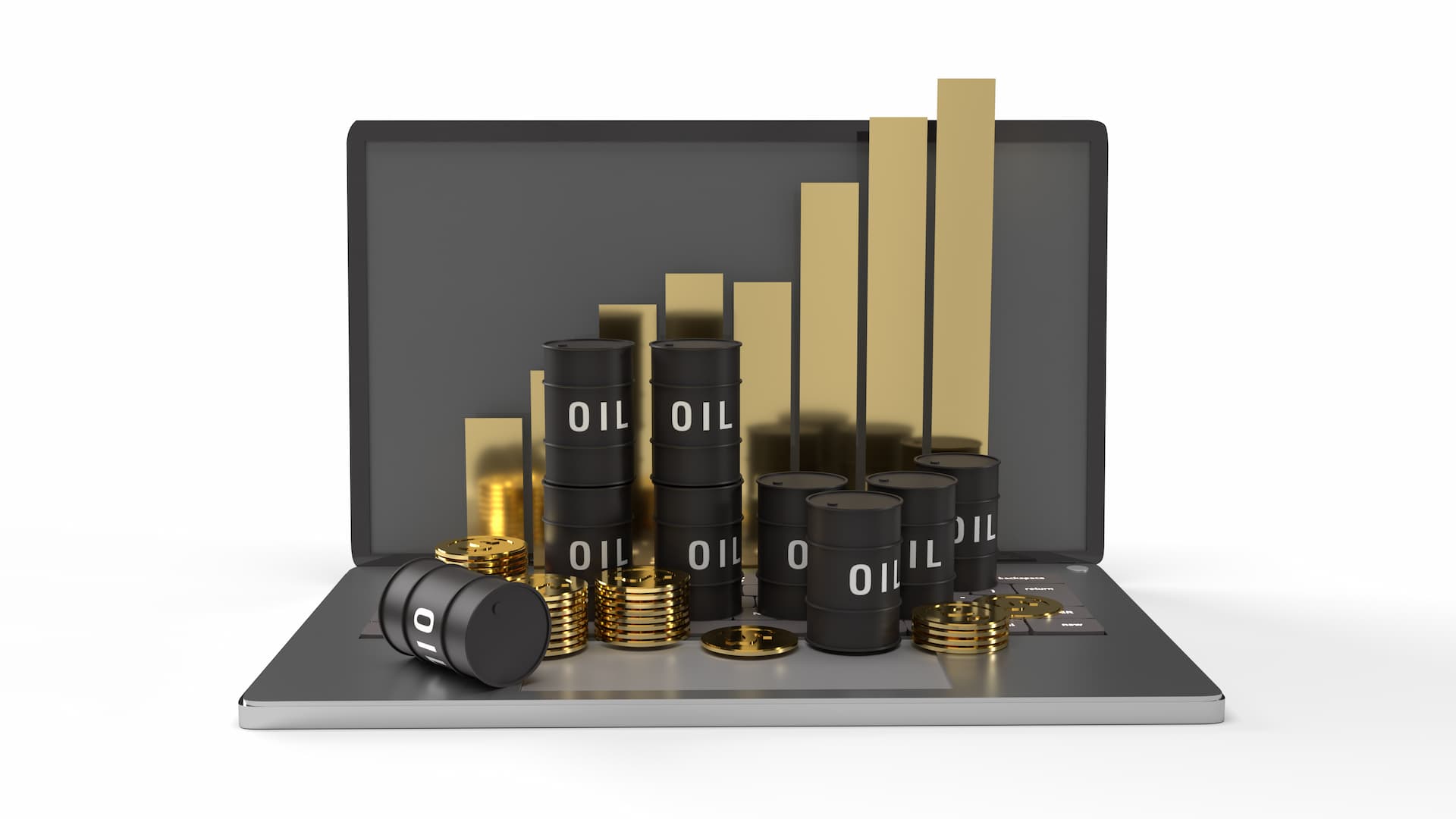How Commodity Trading Works
Learn how commodity trading works, including market dynamics, trading strategies, and risk management. Visit 24markets.com for expert insights into commodity markets.

Commodity trading involves buying and selling raw materials or primary agricultural products. This trading is vital for global financial markets, enabling businesses to hedge against price volatility and investors to speculate on future price movements. Learn how commodity trading works, including types of commodities, key markets, and factors that influence commodity prices like supply, demand, and geopolitical events.
1. What Are Commodities?
Commodities are standardized goods that are interchangeable with other goods of the same type. They fall into two primary categories:
-
Hard Commodities: These are natural resources that must be mined or extracted. Examples include:
- Oil: Traded extensively on exchanges like the NYMEX and other major markets.
- Gold: Often traded as a safe-haven asset, with trading platforms like the London Metal Exchange (LME) offering various gold futures.
- Metals: Includes silver, copper, and platinum, traded on various exchanges.
-
Soft Commodities: These are agricultural products or livestock. Examples include:
- Wheat: Traded globally on exchanges like the Chicago Mercantile Exchange (CME).
- Coffee: Majorly traded on the ICE Futures US and other platforms.
- Cattle: Traded on futures markets to manage risks related to livestock pricing.
2. Commodity Markets
Commodity trading occurs in various markets:
-
Commodity Exchanges: Centralized platforms where commodities are traded. Key exchanges include:
- Chicago Mercantile Exchange (CME): Known for its wide range of commodity futures.
- London Metal Exchange (LME): Specializes in industrial metals.
- New York Mercantile Exchange (NYMEX): Provides trading for energy commodities such as oil and natural gas.
-
Over-the-Counter (OTC) Markets: Decentralized markets where trades occur directly between parties. Examples include:
- OTC markets for oil, where traders and companies can negotiate trades outside of formal exchanges.
- OTC markets for precious metals like gold and silver, which may not be listed on traditional exchanges.
3. Types of Commodity Contracts
Commodity trading involves several contract types:
-
Futures Contracts: Agreements to buy or sell a commodity at a predetermined price at a future date. They are standardized and traded on exchanges. For more on futures trading, visit 24markets.com CFD Trading.
-
Options Contracts: Provide the right, but not the obligation, to buy (call option) or sell (put option) a commodity at a specified price before expiration. Options are used to hedge risks or speculate on price movements.
-
Spot Contracts: Involve buying or selling a commodity for immediate delivery and payment. Spot contracts are used when the commodity is needed quickly, such as buying crude oil for immediate use.
4. How Commodity Trading Works
Commodity trading involves several key steps:
-
Market Research: Traders analyze market trends, supply and demand dynamics, geopolitical events, and economic indicators. For more insights on trading strategies, explore the Fundamentals of Trading.
-
Choosing a Market: Select a commodity exchange or OTC market based on the commodity you wish to trade and your trading strategy. For example, choose NYMEX for energy commodities or CME for agricultural products.
-
Placing Orders: Execute buy or sell orders for commodity contracts through trading platforms. Orders can be placed at market prices or at specific prices (limit orders).
-
Managing Positions: Monitor and manage your trading positions using risk management tools like stop-loss orders and margin trading. For detailed tools, check Trading Tools.
-
Settlement: At the contract's end, settle the contract by delivering the commodity or financially settling based on the contract price versus the current market price. Explore Trading Hours for settlement times.
5. Factors Influencing Commodity Prices
Commodity prices are affected by various factors:
-
Supply and Demand: Production levels, weather conditions, and global economic conditions influence supply and demand. For instance, poor weather can reduce crop yields, affecting prices for agricultural commodities.
-
Geopolitical Events: Political instability and trade policies can impact commodity prices. For example, conflicts in oil-producing regions can drive up oil prices.
-
Economic Indicators: Data such as inflation rates, interest rates, and GDP growth impact commodity prices. Higher inflation can lead to increased prices for commodities like gold, which is considered a hedge against inflation.
-
Market Speculation: Traders' expectations and speculative activities can drive price movements. Speculation on oil prices can lead to price volatility.
6. Risks and Benefits
Benefits:
- Diversification: Commodities can diversify investment portfolios and reduce overall risk exposure. Learn more about diversification strategies in Why 24markets.com.
- Hedging: Companies use commodity trading to hedge against price fluctuations, stabilizing their costs.
- Profit Potential: Skilled traders can benefit from price movements and market trends.
Risks:
- Volatility: Commodity prices can be highly volatile, leading to significant financial risk. Understanding market volatility is crucial; refer to Trading Basics for more information.
- Leverage: Trading on margin can amplify both gains and losses. Use leverage cautiously and consider exploring Account Types for suitable options.
- Market Risk: Economic and geopolitical events can unpredictably impact commodity prices. Stay informed about market risks through Regulation Center.
Conclusion
Commodity trading is a complex and dynamic field that requires an understanding of market factors, contract types, and trading strategies. By conducting thorough research, selecting appropriate trading platforms, and employing effective risk management, traders can navigate the commodity markets and potentially profit from price fluctuations in essential raw materials.
TAGS
Latest Education Articles
Show more
Earnings Reports and Equity CFDs

Trend vs. Range Strategies

Trading Breakouts vs. Pullbacks

Hedging Basics for Intermediate Traders
Take your trading to the next level.
Join the broker built for global success in just 3 easy steps. A seamless experience built for traders who value speed and simplicity.

Create Your Account

Make Your First deposit
